Lawmakers, Comptroller Trade Jabs Before Hearings on Alcohol Regulation Bills
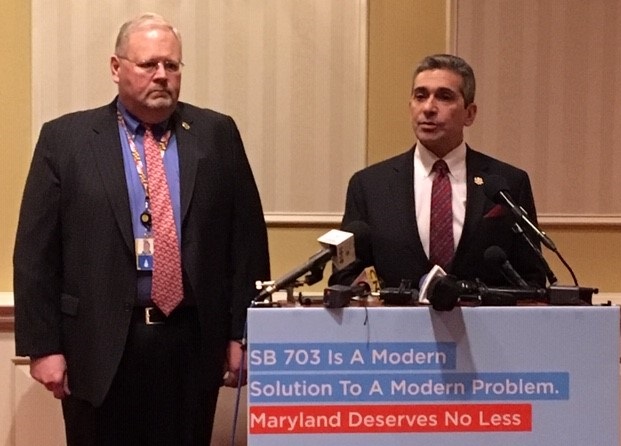
Two lawmakers backing high-profile alcohol reform legislation traded personal attacks Thursday with the state’s chief tax collector, impugning one another’s motives and character one day before public hearings on the bill.
While the measure at the heart of the skirmish seeks to enact a series of recommendations put forward by a commission that studied alcohol sale and use in Maryland, it was the proposal to shift field enforcement of liquor, cigarette and gasoline sales from the Office of the Comptroller to a new, independent commission that ignited the most heated rhetoric during back-to-back, hour-long news conferences.
Comptroller Peter V.R. Franchot (D) called the proposed shift “reckless, costly and unnecessary,” and he said taxpayers would spend $50 million to make it happen, a figure the lawmakers called wildly inflated.
In addition, Franchot accused House Speaker Michael E. Busch (D-Anne Arundel) of using his influence to protect the turf currently enjoyed by large national beer brands. He noted that Busch’s campaign treasurer is “the biggest Budweiser distributor in Anne Arundel County.”
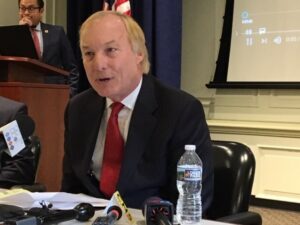
Maryland Comptroller Peter V.R. Franchot (D)
“When you look at the relationships that his office has with the out-of-state beer cartel, it is stunning,” Franchot said. “And this is where most of this is coming from.”
Busch’s chief of staff, Alexandra M. Hughes, did not respond to a request for comment.
The lawmakers pushing to reform oversight of the alcohol industry rejected the comptroller’s accusations. Sen. Benjamin F. Kramer (D-Montgomery) and Del. Warren E. Miller (R-Howard and Carroll) told reporters they were motivated by an effort to educate the public and reduce alcohol-related deaths and illnesses.
Beverages with an alcohol content above 4.5 percent would be required to bear “a large and conspicuous label stating the percentage of alcohol content.”
“It’ll be the first time we have passed legislation in this state … that will require when looking at … the sale, the distribution, the marketing of alcohol in Maryland, that as part of that conversation, we include the health, the welfare and the safety of the residents of our state,” Kramer said.
On Friday, lawmakers will hear public testimony on legislation adopting many of the 23 recommendations the task force adopted. The panel was chaired by Washington County attorney D. Bruce Poole, a former state delegate who said he agreed to lead the Task Force to Study State Alcohol Regulation, Enforcement, Safety, and Public Health after getting a call from Busch.
Poole said the panel heard expert testimony that alcohol deaths in Maryland jumped 300 percent between 2007 and 2017, and he faulted the comptroller’s office for not doing more to curb excess and underage drinking or to educate the public about alcohol content and other issues.
“What we found was that Maryland is behind,” Poole told reporters. “The comptroller, by definition, is a tax collector. The comptroller is not educated, his people don’t have a focus in public health considerations.”
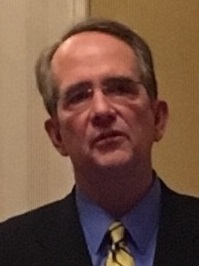
D. Bruce Poole, chairman of the Task Force to Study State Alcohol Regulation, Enforcement, Safety, and Public Health
Franchot insisted that lawmakers are trying to strip his office of regulatory power in retaliation for his efforts to help manufacturers of “craft beers” win broader access to retailer outlets and restaurants.
“They’re upset with me because I’ve led a reform effort to modernize the antique, out-of-date beer laws that apply to our craft brewers alone,” he said. “Craft beer is very popular, and sales are skyrocketing. Budweiser and Miller and Coors are not popular. Their sales are dropping like rocks.”
Franchot accused Kramer of a conflict of interest because his family’s business, a Montgomery County commercial real estate firm, rents space to a county-owned retail alcohol outlet.
And he said three lobbyists — who he identified only as “Steve, Jack and Nick” — maintain a vise-like grip on alcohol legislation in Annapolis.
The comptroller was referring to J. Steven Wise, lobbyist for the Maryland State Licensed Beverage Association; Jack Milani, legislative chairman of the Maryland State Licensed Beverage Association; and Nicholas G. Manis, lobbyist for the Maryland Beer Wholesalers Association.
“It’s all connected to the speaker’s office,” Franchot said, as TV cameras rolled and members of his field enforcement unit watched from the back of the room.
Kramer dismissed the conflict of interest allegation, calling it “smoke and mirrors. … I challenge the comptroller to connect the dots.”
“I can show how Comptroller Franchot has taken hundreds and hundreds of thousands of dollars in campaign contributions and then promoted not only the alcohol industry but deregulated the alcohol industry,” Kramer said. “I’ve never put in legislation that would increase sales of alcohol.”
Kramer said that 47 states place alcohol regulation with an independent body, making Maryland an outlier.
“Maryland is one of only three states that has the alcohol regulation and enforcement authority with an elected official,” he said. “It really raises a lot of red flags when you have the number one regulator and enforcer of an industry getting involved and choosing sides within the industry that he is charged with regulating.”
Franchot, who just began his fourth term as comptroller, defended his fundraising prowess.
“Everybody takes money from the alcohol industry,” he said.
Franchot pledged to “unpack some of these relationships for you, over the next few weeks.”
“We’re peeking behind the curtain,” he said. “It’s pretty bad and pretty ugly.”
The fiscal note provided by the Department of Legislative Services puts the estimated cost of the Kramer/Miller proposal at $4 million in upfront computer costs for the proposed Alcohol, Tobacco and Motor Fuel Commission, then approximately $700,000 a year for personnel, not the $50 million figure offered by Franchot’s policy analyst.
While Franchot expressed concern for field enforcement personnel who are worried about their jobs, Kramer said the same people who oversee alcohol, tobacco and gas sales now will continue to do so if his bill becomes law.
Hearings on SB 703 and HB 1052 will be held Friday in the Senate Education, Health and Environmental Affairs Committee and the House Economic Matters Committee. Both hearings start at 1 p.m.
The commission would be comprised of five members appointed by the governor and confirmed by the state Senate. One would represent the public health community, one would represent law enforcement, one would come from the alcoholic beverages industry and two would be members of the public “who are knowledgeable and experienced in fiscal matters.”

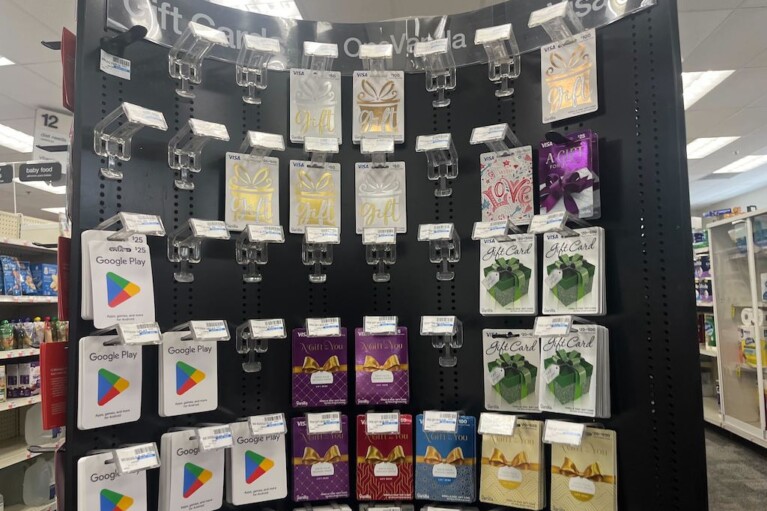
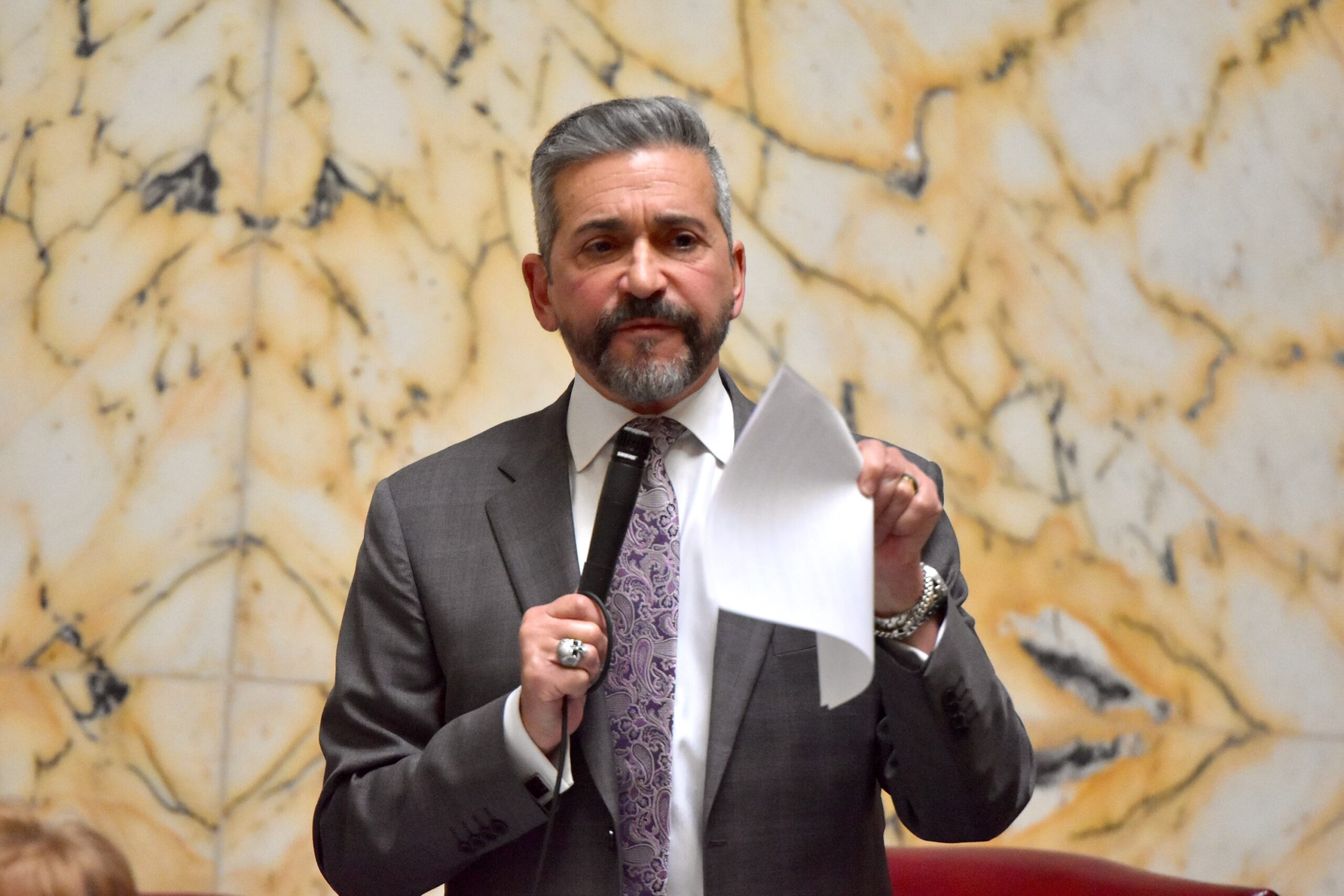
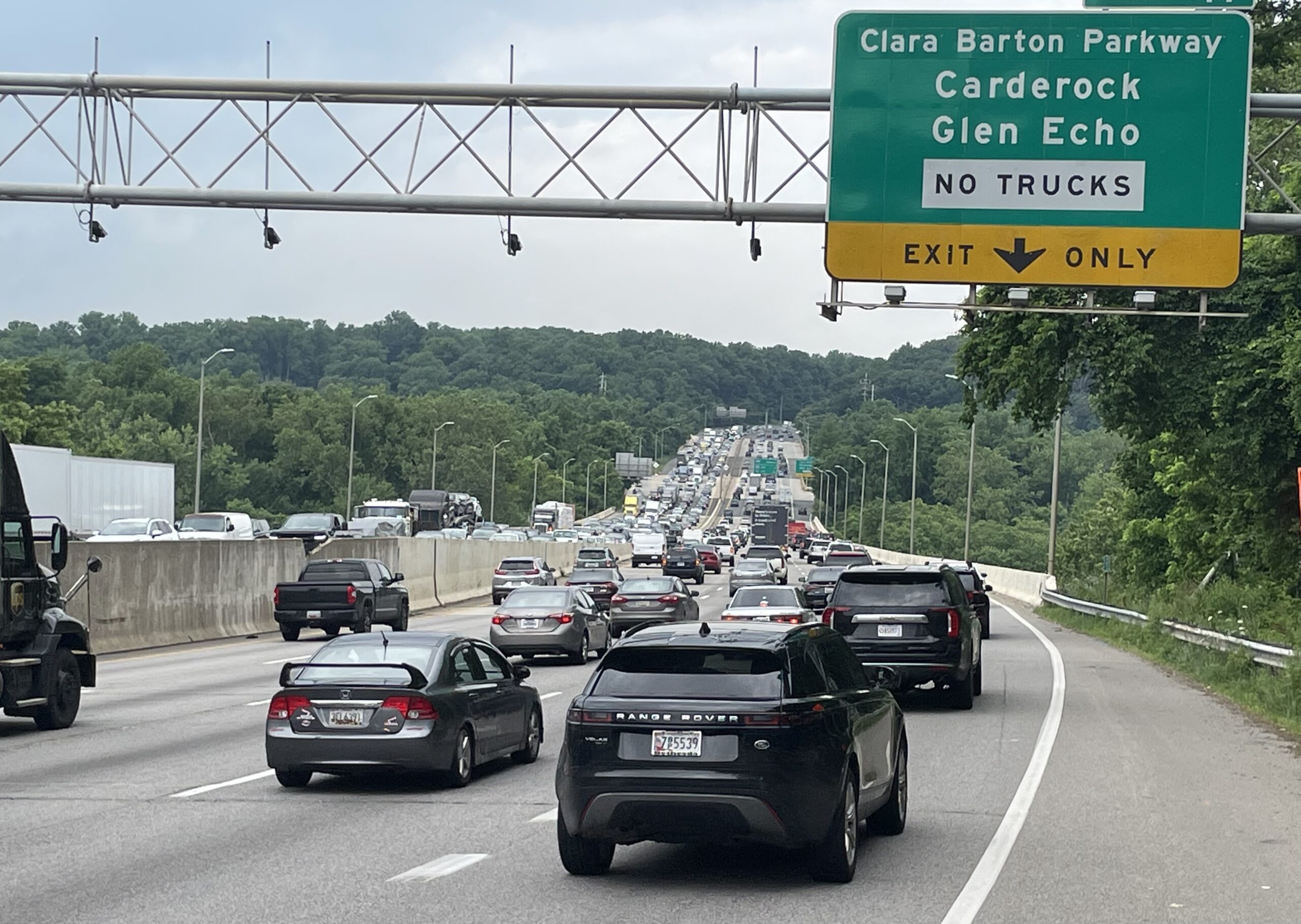
 Creative Commons Attribution
Creative Commons Attribution